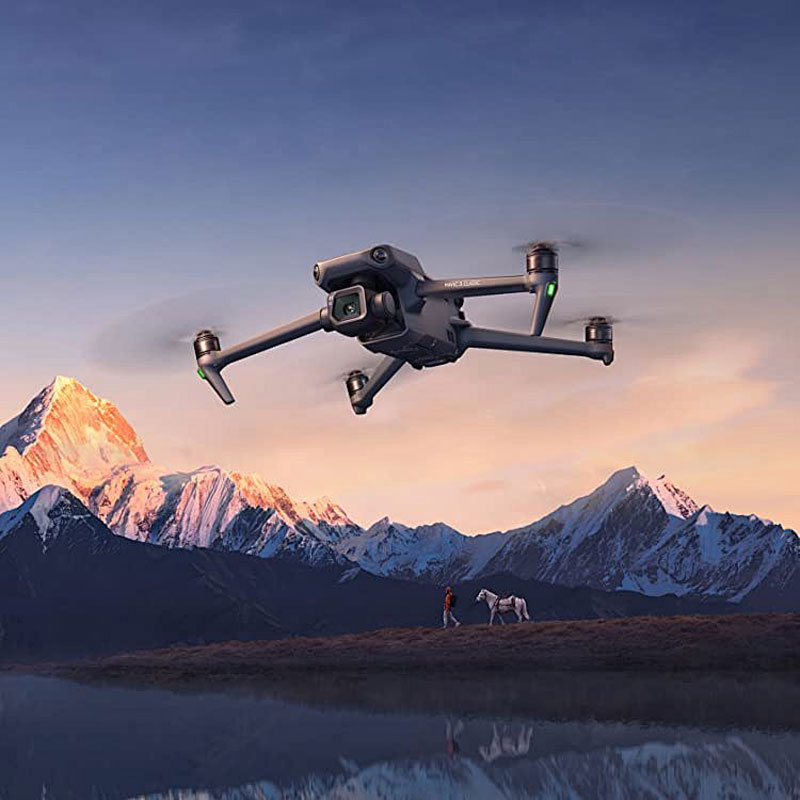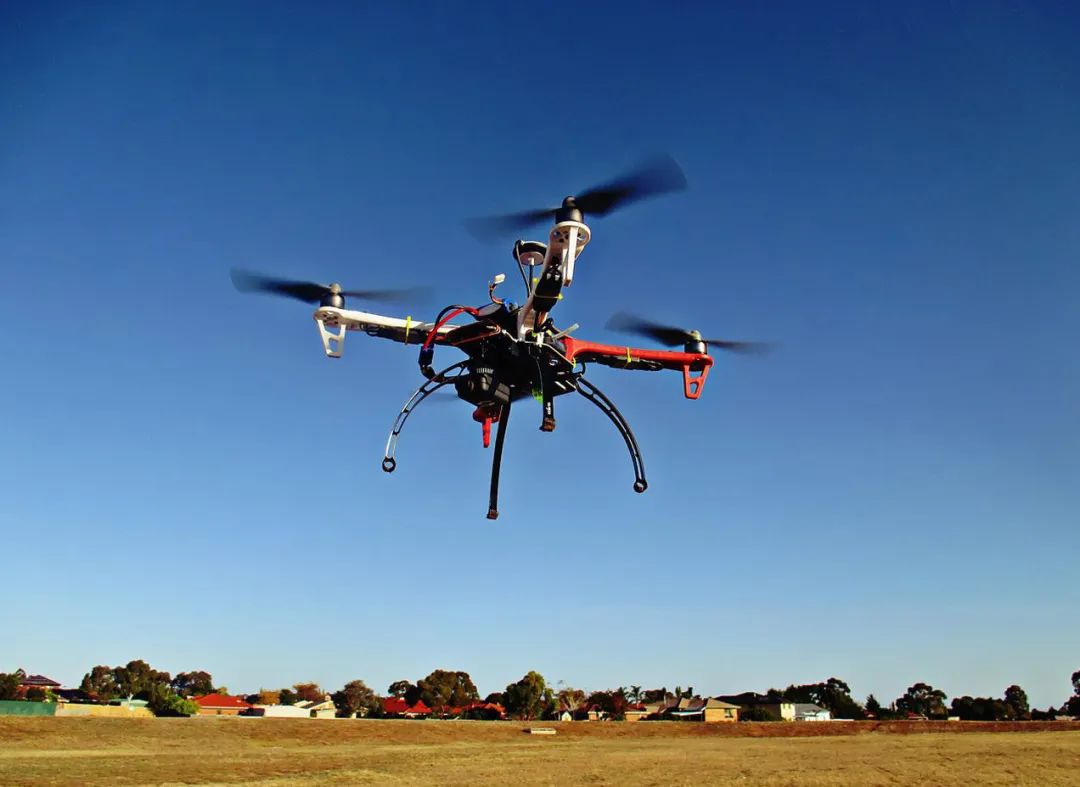With the rise in popularity of drones, understanding the drone registry has become essential for hobbyists and professionals alike. The drone registry, which is maintained by various aviation authorities worldwide, is a system designed to maintain a record of all drone operators. Ensuring compliance with this system is crucial to fully enjoy the aerial technology without facing legal repercussions.

What is the Drone Registry?
The drone registry is a database that collects details about drone operators, including personal information and information about the drones they own. This measure is important for authorities to identify and trace drones if they engage in unauthorized activities. In many countries, registration is mandatory for drones above a certain weight threshold, often as low as 250 grams.
Benefits of Registering Your Drone
- Improved accountability and safety compliance
- Enhancing security measures in the airspace
- Facilitating faster identification and return of lost drones
Getting your drone registered might seem like a bureaucratic hassle, but it also ensures that you are within the legal framework to enjoy unrestricted drone flights.
Steps to Register Your Drone
Registering a drone typically involves visiting the regulatory authority’s website — such as the FAA in the United States — and following their outlined process. Here is a simple breakdown:
- Access the regulatory body’s online registration portal.
- Provide necessary personal information and details about your drone.
- Pay the registration fee, if applicable.
- Receive a registration number to label your drone.
Each of these steps should be carefully followed to ensure your drone remains in compliance.
Consequences of Non-Compliance
Falling short of drone registry requirements can lead to penalties, including fines and possible legal action. Authorities could also potentially confiscate drones that are not registered. The legal implications can be more severe for drones used for commercial purposes, as they often fall under stricter regulations.
“Registering drones not only helps create a safe flying environment but also aids emergency responses and investigations.”
Exemptions and Special Cases
It’s important to note that not all drones need to be registered. Toy drones or those under the specified weight limit often do not require registration. Moreover, certain exemptions might apply for drones operated in confined indoor areas or for specific educational purposes.
Keeping Up with Changes
Laws and regulations surrounding the drone registry are not static. Regularly checking updates from aviation authorities ensures that you remain compliant with any new requirements or amendments.
FAQ
Do I need to register my drone if I’m only flying for recreational purposes?
Yes, in many jurisdictions, all drones above a certain weight must be registered regardless of whether they are used for recreational or commercial purposes.

What happens if I sell my registered drone?
When selling your drone, the new owner is typically required to register it under their own name.
Is the drone registration fee one-time, or is renewal required?
In most cases, drone registration is subject to renewal, often every three years, to ensure the database remains current.
